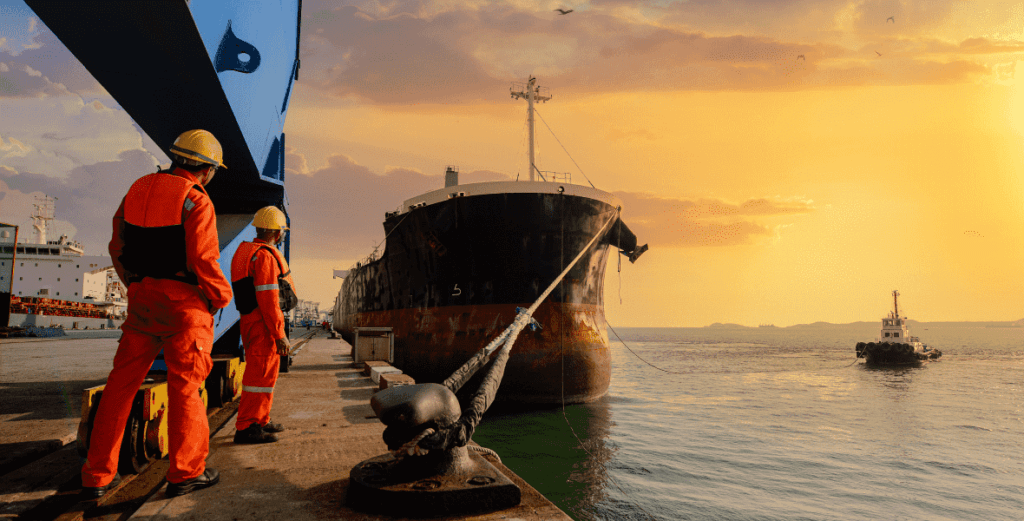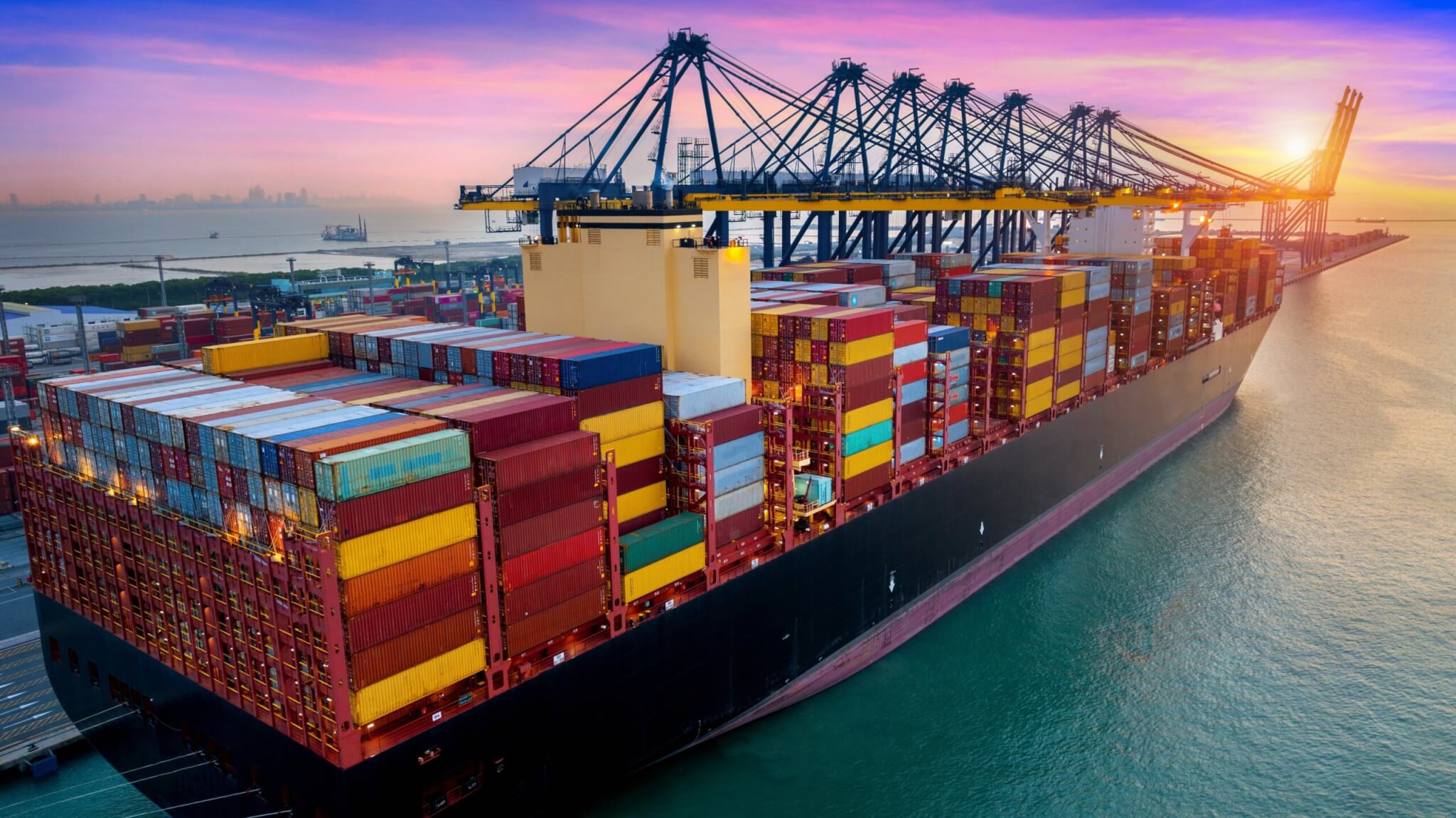The maritime shipping sector is a large global greenhouse gas (GHG) emitter, exacerbating climate change and harming the health of communities, the environment, and the economy. We work in partnership with local communities and the public and private sectors to transform maritime shipping toward a carbon-free future.
The challenge
Cargo ships transport 90% of the world’s freight — from consumer goods to industrial commodities. While the maritime industry allows supply chains to flow, it also exacerbates the climate crisis. If the shipping industry were a country, it would be the sixth-worst GHG emitter in the world at 1 billion tons annually. A variety of other contaminants emitted from vessels contribute to 60,000 deaths each year related to heart and respiratory diseases, particularly among communities based near seaports. As global trade continues to grow, so will the role of international shipping as a driver of climate change, rising from 3% of global GHG emissions in 2022 to potentially 17% or more by mid-century.
The opportunity
There is a viable path toward cleaner international shipping. An assortment of promising solutions — from zero-carbon fuels to efficiency measures like wind sails — can cleanly power the large cargo vessels that dominate deep-sea transportation. Meanwhile, electricity can propel ferries, tugboats, and other harbor craft. Modernized seaports and green shipping corridors can lay the infrastructure to scale the adoption of these zero-emission technologies. Enacting stronger global regulations, attracting investments toward innovative technologies, and building public and private partnerships will accelerate a zero-carbon transition toward healthy port communities and thriving economies. Philanthropy can serve as a central catalyst for the transition away from fossil-fueled shipping.
Our approach
Together with civil society, the private sector, and portside communities, we are shaping the market and policy environments to help transform international shipping into a zero-emissions industry by 2050. We work in Africa, the Americas, Asia, Australia, and Europe.
We do this by:
Engaging key policymakers to enact effective regulations
A single global regulator, the International Maritime Organization (IMO), oversees international shipping. Pushing the IMO to enact policies aligned with the Paris Agreement is a critical element in our efforts to decarbonize the industry. Policies at the regional, national, local, and port levels are also key to pressuring the shipping sector to stop operating on fossil fuels.
Creating proper market conditions to spur the transition
We help establish partnerships between governments, civil society, and industry to develop policies that pave the way for zero-emission shipping.
Inspiring the private sector to lead by example
From shipping companies, global retailers, and ports to policymakers, we encourage stakeholders along the shipping value chain to set meaningful climate goals. Through our collaborations, we are pioneering the first zero-carbon shipping routes and other innovations.
Connecting leaders and experts
Groups such as the Climate Emergency Shipping Coalition are an example of networks that connect local communities, NGOs, industry, and academia. Their collaborative efforts help to surface cross-sector insights and lasting strategies that are driving the transition toward zero-emission shipping.
Impact
Impact Stories
Building momentum to decarbonize maritime shipping
While ships got stuck at sea and supply chain woes grew during the pandemic, a fast-moving decarbonization movement played out behind the scenes.





